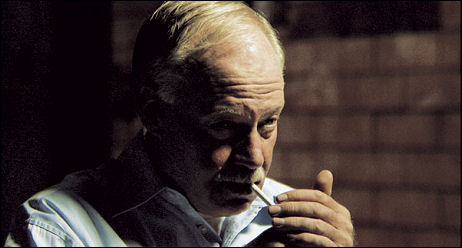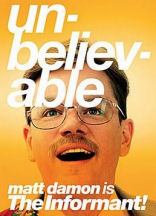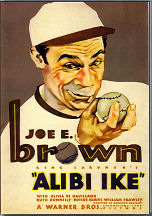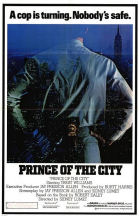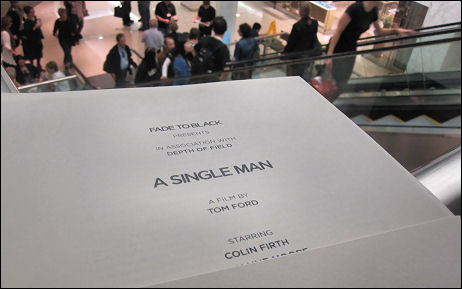Tim Blake Nelson‘s Leaves of Grass, a rowdy pot-dealing dramedy about twin brothers (both played by Ed Norton) with radically different attitudes and lifestyles — wasn’t what I wanted to see this morning. Actually I’d never want to see a film like this. Most of it is set in some Oklahoma backwater, and I realize how this may sound but it has too much of a greasy, fast-food, good-old-boy attitude for someone like myself. Every so often Nelson’s screenplay avoids the broad-brush approach, but too often it stomps and grins and goes “yeehaw!”
I just don’t give a damn about mangy bearded pot dealers dressed in flannel shirts and parkas and work boots with all kinds of ugly facial hair, and all the crap in their lives to boot. In the same sense that I’m automatically down with the stylish and rarified vibe of Tom Ford‘s A Single Man, which is set in Los Angeles and concerned with people of taste. I understand that a certain aridity can be suggested by such milieus. I’m not suggesting that a film has to be about tasteful and toney people to be good or interesting. I’m merely saying that grotesque Middle American natives are a huge turn-off for me, and that I can’t seem to stifle this feeling. I’m just being honest.
Two scenes early on told me Leaves of Grass wasn’t working. The first involves Norton’s bright college-professor brother being propositioned in his office by an adoring female student. My heart sank as she pulled her top off and leapt up on Norton’s desk — stuff like that is straight out of the Bob Clark Porky’s handbook. I was further disengaged when the same brother, named Bill, is beaten up by enemies of his pot-dealing brother, named Brady, in a mistaken-identity situation. The violence feels way too excessive and sadistic and out-of-the-blue (especially for an Act One occurence), and the guys doing the beating have Deliverance accents and look like scurvy dogs.
I didn’t come to the Toronto Film Festival to watch crude, low-rent fisticuffs that feel as if they were thrown in for some haphazard punch-up effect. I hated this kind of material when it turned up in Burt Reynolds shitkicker movies of the ’70s, and I won’t sit for it now. Life is short, and I don’t care if this sounds like I’m giving Nelson a fair shake or not. It’s not the shitkicker milieu per se — I’ve always loved Lamont Johnson‘s Last American Hero. But I didn’t like the chops I was seeing and I was shifting around in my seat and starting to feel pissy about being there, and that was the way it was.




